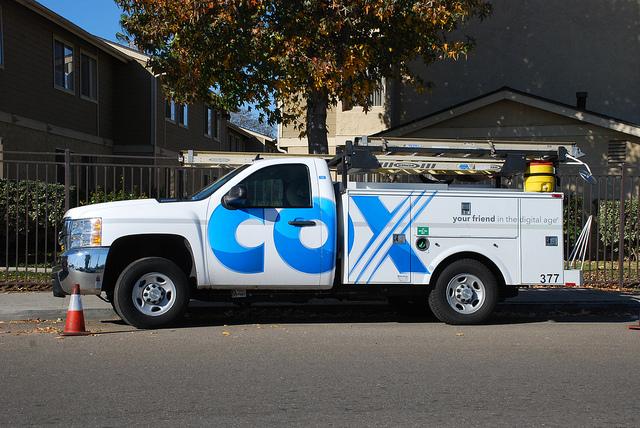
The lawsuit states BMG and Round Hill Music have monitored BitTorrent systems since 2012 in order to extract information about the infringers and relayed that information to the accompanying Internet Service Providers (ISPs). The lawsuit even mentions specific IP addresses which engaged in tens of thousands of copyright infringements. It claims Cox was notified 54,489 different times for each individual copyright infringement act by IP address 98.185.52.220 over a 64-day span.
Cox Communications was the only major Internet Service Provider that did not sign up for the Six Strike Program (Copyright Alert System) last year, which detailed how ISPs will provide a six-step process towards terminating accounts known to repeatedly pirate copyrighted material. Instead, Cox has its own Cox Graduated Response which allows a subscriber to keep an account even after 12 complaints of copyright infringement, as long as the subscriber contacts Cox’s Customer Safety Department “to find a solution to the complaints.”
The lawsuit claims “Cox subscribers do not face any real threat of account termination,” even when Cox is knowledgable of infringement, and that the Cox Graduated Response “precludes Cox from from relying on the safe harbor protections of the DMCA (Digital Millennium Copyright Act).”
The DCMA was enacted in 1998 and its “safe harbor” provision protects ISP’s from monetary liability related to their users engaging in copyright infringement, as long as the ISP meets certain guidelines. One of the major guidelines is that the ISP must provide notice and takedown procedures that offer easy ways for copyright holders to disable access to copyrighted material.
Depending upon how the lawsuit pans out, it appears Cox may want to play nice with copyright holders or it could be a cold winter for the company’s next earnings report.


